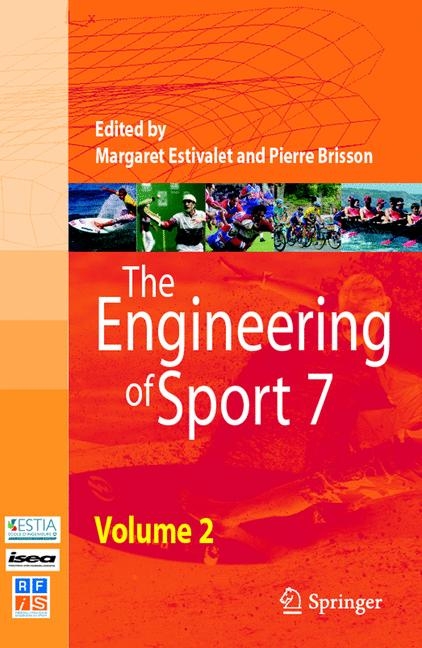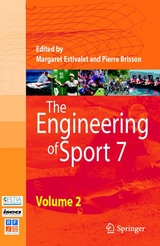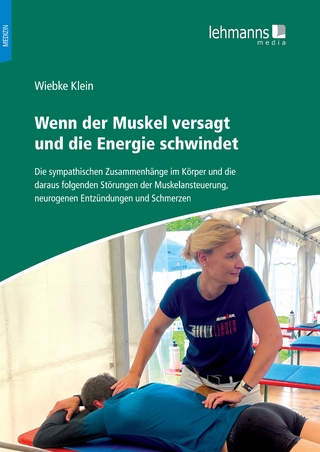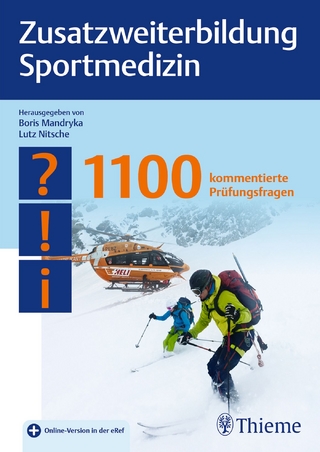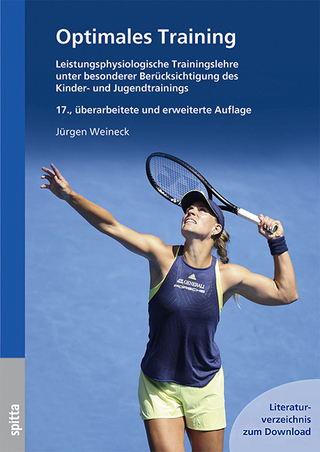The Engineering of Sport 7
Springer Editions (Verlag)
978-2-287-99055-7 (ISBN)
- Titel ist leider vergriffen;
keine Neuauflage - Artikel merken
During the last years, artificial turf pitches have become commonly used for sports like hockey, tennis, rugby and football. The acceptance of this sport surface has found obj- tions in sports like football because first generations of artificial turf showed many problems and differences respect to the natural grass. These differences have been reduced but a serious problem exists yet: skin injuries due to sliding. This problem has been called “turf-burns”. The risk of this turf burn curbs the players when playing on artificial turf (Lees and Nolan, 1998). Gaulrapp et al. found that the number of injuries on artificial turf was higher than on natural grass and these skin injuries frequently occur during a sliding trackle (Gaulrapp et al., 1999). These injuries are caused by two mechanisms: burn and scrape. It is possible that burn is due to an increase of temperature and it occurs when the player is sliding on the surfaces; it is possible that the scrape occurs when this slide starts because the friction is higher in this moment. This problem is being studied and some testing devices have been developed.
Accelerometer (P138).- An Experimental Study on Ski Jumping Styles (P140).- Quantification of the Grip Difficulty of a Climbing Hold (P142).- Artificial Turf Development as Surface for Golf Practice (P143).- Shoe Signature Monitoring for Advanced Running Technique (P145).- Logarithmic Visco-elastic Impact Modelling of Golf Balls (P147).- Rowing Strategies in Cambridge Bumps Races (P148).- Improvements to a Sailing VR Simulator Environment for Assessing and Improving Helm Performance (P149).- The Behaviour of Recycled Rubber Shockpads for Synthetic Sports Pitches (P150).- Implementation of Knowledge Engineering Fundamentals in Exercise Science and Individualization (P151).- Long-term Cushioning Properties of Running Shoes (P152).- An Analysis of the Interaction Between Slider Physique and Descent Time for the Bob Skeleton (P153).- Determining Ground Reaction Forces Using a Pressure Distribution Measuring System (P156).- Mechanics of the Bob Skeleton and Analysis of the Variation in Performance at the St Moritz World Championship of 2007 (P160).- Subjective Evaluation of Sport Equipment - Deriving Preference Values from Pairwise Comparison Matrices (P162).- Hot Glide Wax Treatment and the Hardness of the Ski Running Surface (P163).- Creating 3D muscle lengths and moment arms from the Visible Human Dataset (P166).- Development of a New Technique to Evaluate Abrasivieness Artificial Turf (P168).- Aerodynamic Study of Ski Jumping Flight Based on Inertia Sensors (171).- The spin decay of sports balls in flight (172).- Optimised preliminary design of a kayak-ergometer using a sliding footrest-seat complex (P174).- Dynamics of a String-Bed Damper on Tennis Rackets (P175).- Second Lives for the Third Age: Using Virtual Worlds to Encourage Exercise Participation in Older People (P176).- Design of an Ice Hockey Stick Test Machine (P178).- A Novel Approach to Personalising the Mechanical Properties of Sprint Footwear (P179).- Testing Procedures for Baseball Chest ProtectionEquipment (P181).- Holistic Innovation in Sports (P183).- Detecting Location using Sensors Based on the 802:15:4 Wireless Standard (P184).- Use of Static Stiffness Behaviour to Characterise Field Hockey Sticks (P185).- Finite Element Analysis of the Heat Transfer in Footwear (P186).- Determination of the Optimal Saddle Height for Leisure Cycling (P188).- Relationship between Pelvic Motion, Torque, and Metabolic Energy in Running (P189).- Relationship Between Gluteus Medius Muscle Activity, Pelvic Motion, and Metabolic Energy in Running (P190).- A New Technological Tool to Measure and Manage Strenght. AthletJump/IBV (P191).- Experimental Measurement of Selected Snowboard Mechanical Properties (P194).- Runalyser: Real Time Analysis of Running Technique in Practice (P196).- of Ground on Poling Forces in Hiking (P198).- Development of Small-Sized Swimming Humanoids (P203).- Parametric Study of Bicycle Stability (P207).- Compression Garments: Evidence for their Physiological Effects (P208).- Improving the Performance of a Bobsleigh by Aerodynamic Optimization (P212).- Determining Friction Coefficients for Round Balls: Comparing Basketballs (P213).- Comparison Between Observed and Simulated Baseball Trajectories (P214).- Testing the Unconventional. The Ergonomic Paddle Shaft (P215).- Development and Validation of an Automated Method to Detect Gait Events Using Acceleration and Angular Rate (P216).- Evaluation of the Estimation Method on the Hip Joint Centre Location During Instep Kicking Motion (P217).- Kinematics and EMG Analysis of Expert Pole Vaulter’s Lower Limb During Take off Phase (P218).- Ventilation: a Reliable Indicator of Oxygen Consumption During Physical Activities of Various Intensities? (P222).- Roller Ski Rolling Resistance and its Effects on Elite Athletes’ Performance (P225).- Aerodynamics of Time Trial Bicycle Helmets (P226).- Acquisition and Analysis of EMG Data During Special Slalom for Comparative Equipment Evaluation (P228).- A New Evaluation
| Erscheint lt. Verlag | 30.3.2009 |
|---|---|
| Reihe/Serie | The Engineering of Sport 7 | 2 |
| Zusatzinfo | XIII, 703 p. |
| Verlagsort | Paris |
| Sprache | englisch |
| Maße | 155 x 235 mm |
| Gewicht | 1086 g |
| Themenwelt | Sachbuch/Ratgeber ► Natur / Technik |
| Medizin / Pharmazie ► Medizinische Fachgebiete ► Sportmedizin | |
| Naturwissenschaften ► Physik / Astronomie | |
| Sozialwissenschaften ► Soziologie | |
| Technik ► Maschinenbau | |
| Schlagworte | Biomechanic • Engineering • Physic • quality of life • Sociology • Sports |
| ISBN-10 | 2-287-99055-0 / 2287990550 |
| ISBN-13 | 978-2-287-99055-7 / 9782287990557 |
| Zustand | Neuware |
| Haben Sie eine Frage zum Produkt? |
aus dem Bereich
